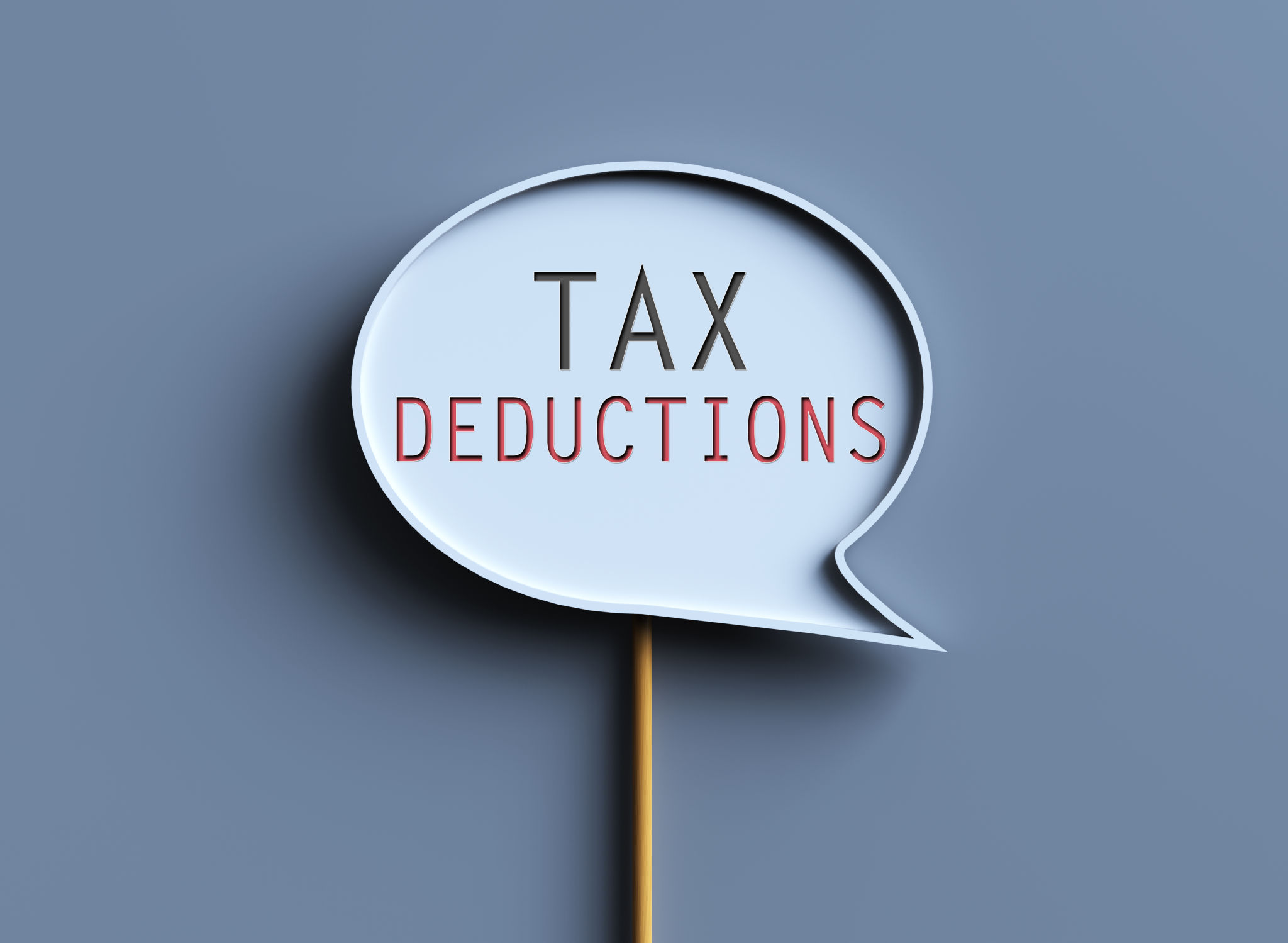Seasonal Tax Preparation Checklist: How to Get Ready for Tax Season in De Pere
Understanding the Importance of Early Preparation
As tax season approaches, it’s crucial to start preparing early to avoid any last-minute stress. In De Pere, like in many other places, being organized and ready can make the process smoother and potentially save you money. Taking the time to prepare now can lead to a more accurate tax return and possibly uncover deductions you might otherwise miss.
One of the first steps in tax preparation is understanding what documents and information you will need. This includes income statements, expense records, and any other relevant financial information. By gathering these documents early, you ensure that you’re not scrambling at the last minute.

Gathering Necessary Documentation
To get started, create a checklist of the documents you will need for your tax preparation. This might include:
- W-2 forms from employers
- 1099 forms for additional income
- Receipts for deductible expenses
- Bank statements
- Investment income documents
Having all your documentation ready and organized will help streamline the process and ensure that you’re not missing any critical information. Consider setting up a dedicated folder or digital file to store everything as it comes in.

Understanding Local Tax Regulations in De Pere
De Pere residents should be aware of any local tax regulations that might affect their filing. This includes city-specific deductions or credits that could benefit your return. It’s a good idea to consult with a local tax professional who understands the nuances of De Pere’s tax laws.
Remember that state and local taxes can sometimes differ significantly from federal regulations. Staying informed about these differences can prevent unexpected issues and help you maximize your refund.
Maximizing Deductions and Credits
One of the best ways to lower your tax bill is by taking advantage of all available deductions and credits. Common deductions include mortgage interest, student loan interest, and charitable contributions. Additionally, credits such as the Earned Income Tax Credit (EITC) can significantly reduce your tax liability.

Review your financial activities over the past year to identify any potential deductions. If you’re unsure about what applies to you, consider consulting a tax professional who can provide personalized advice based on your situation.
Utilizing Tax Software and Professional Assistance
In today’s digital age, many people opt to use tax software to assist with their filings. These programs can guide you through the process step-by-step and often include features to help identify potential deductions and credits. However, if your tax situation is complex, hiring a professional might be the best route.
A certified tax preparer can offer insights into your specific circumstances and ensure that you’re compliant with all tax laws. This can be especially beneficial for business owners or individuals with significant investments.

Planning for Future Tax Seasons
Once this year’s taxes are filed, it’s never too early to start planning for next year. Keeping organized records throughout the year can save you time and stress when the next tax season rolls around. Consider implementing a system that tracks your income and expenses monthly.
This proactive approach not only helps with annual filing but also provides a clearer picture of your financial health year-round. It allows you to make informed decisions about spending, saving, and investing.